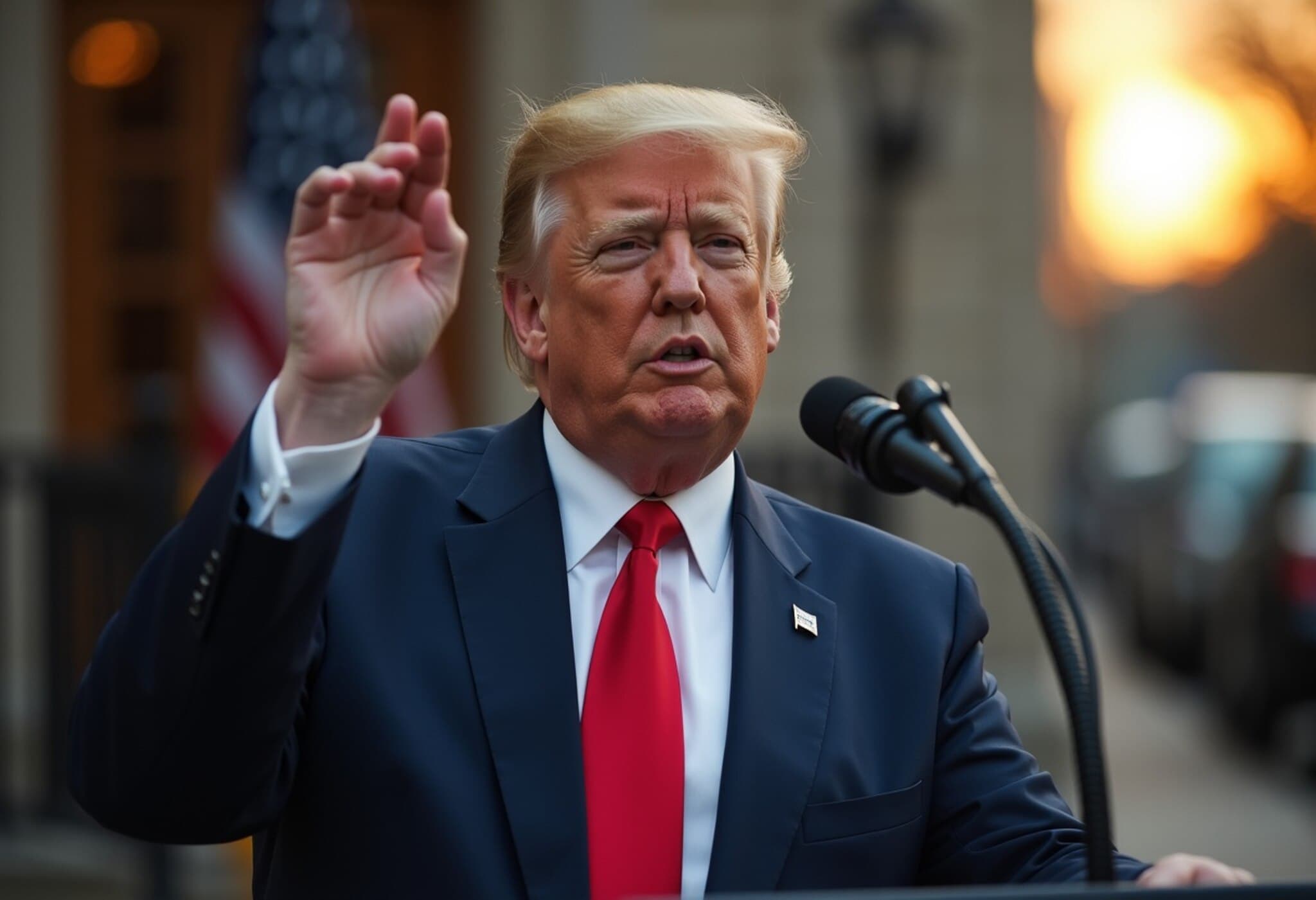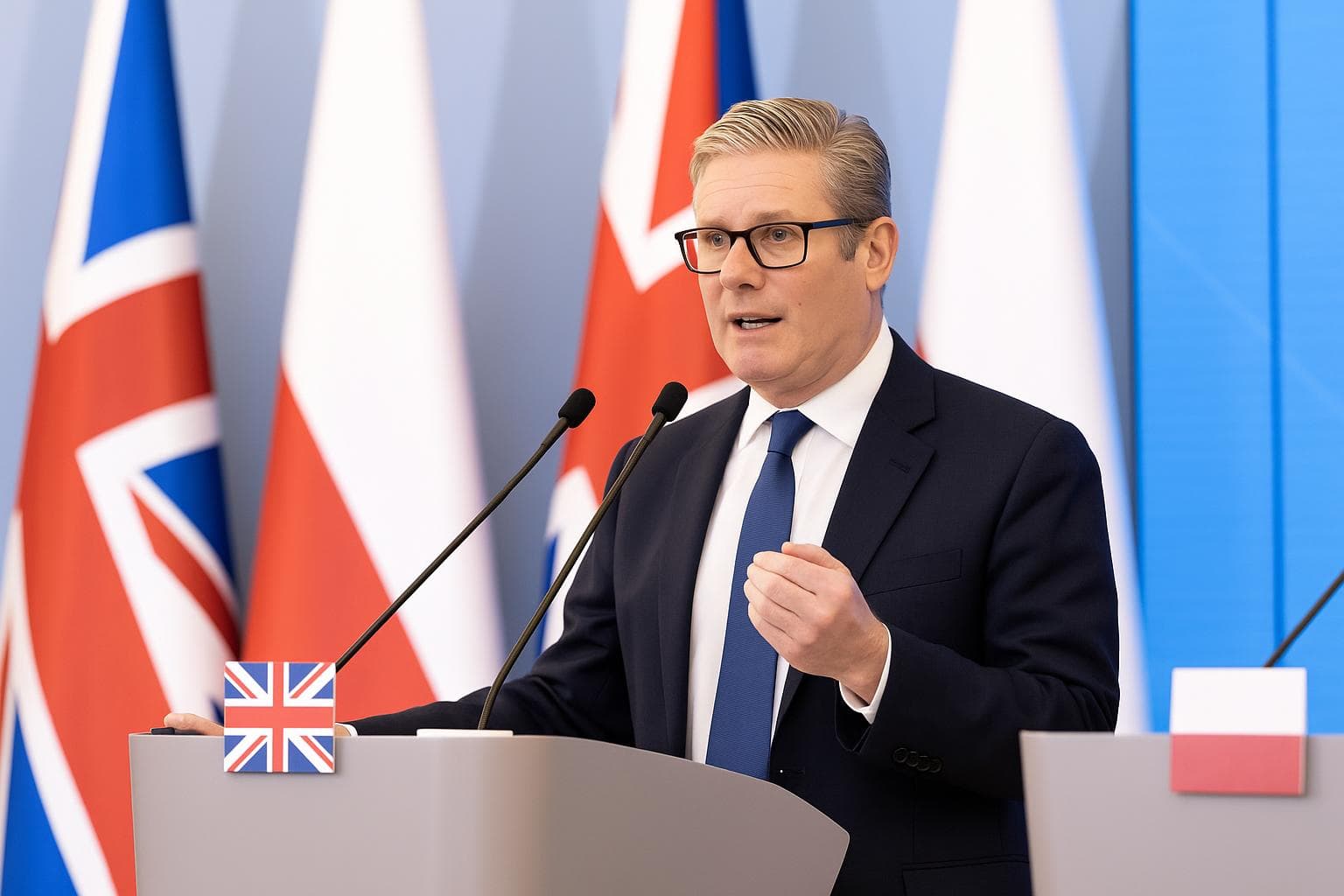Keir Starmer’s Third Major Policy Reversal Rattles Confidence
In just under a month, the prime minister has faced not one, but three significant U-turns, each reflecting mounting political pressure and internal party dissent. The latest reversal, concerning the government’s welfare reforms, has stirred considerable debate both within the Labour Party and across the political spectrum.
From Pensions to Welfare: A Series of High-Profile Backpedals
Earlier this month, the government reversed course on key provisions affecting millions of pensioners. This was swiftly followed by a change of stance on the necessity of a national inquiry into child sexual abuse involving predominantly men of Pakistani heritage. Most recently, the controversial adjustments to welfare benefits were reconsidered amid growing resistance.
Pressure Mounts From Within the Party
The welfare bill, initially pushed forward with determination, encountered stiff opposition from a sizable faction of Labour MPs. Public and private objections grew louder, culminating in a well-orchestrated campaign that peaked while Starmer was attending an international summit abroad. The intensity and breadth of the rebellion made the original plans untenable.
The prime minister had hoped that his substantial parliamentary majority would withstand this unrest. Senior figures, including Chancellor Rachel Reeves, argued that curbing welfare growth was necessary to preserve the long-term sustainability of public finances, given the rapidly increasing benefits bill.
Concessions and Consequences
After intense negotiations, key concessions were secured late Thursday, with formal confirmation arriving in the early hours of Friday morning. These changes mainly limit cuts to new claimants and include inflation-linked adjustments to the health component of universal credit, alongside promises for increased support through back-to-work programs and a system overhaul for personal independence payments.
Financial and Political Fallout
The entire reversal could add up to an estimated £3 billion in additional costs, posing fresh challenges for the Treasury’s fiscal planning. For Chancellor Reeves, who built her reputation on careful stewardship of public finances, these developments represent a blow to perceived economic discipline.
Moreover, Starmer’s leadership has taken a hit, with some viewing the repeated policy reversals as signs of weakened authority, especially given they have occurred less than a year into his premiership. Such episodes risk undermining confidence among both MPs and the wider electorate.
Mixed Reactions and Future Challenges
Supporters highlight Starmer’s willingness to confront difficult issues and pivot when necessary, praising his focus on pragmatic solutions to complex problems. Meanwhile, critics argue the policy shifts reflect disarray and could create a two-tier benefits system that discourages employment among existing claimants.
Party insiders have emphasized the importance of heeding parliamentary expertise going forward, signaling a potential recalibration in how leadership engages with its members. Top priorities for many MPs include reconsidering entrenched policies such as the two-child benefit cap, though financial implications remain a significant hurdle.
Looking Ahead: Fiscal Pressures and Political Stability
With public spending commitments expanding, the government cannot dismiss the possibility of future tax increases. Starmer’s experience with internal dissent serves as a cautionary tale about the costs of alienating key factions within the party.
As the autumn budget approaches, all eyes will be on how the chancellor balances fiscal responsibility with the need to maintain party unity and address MPs’ concerns. This episode underscores the delicate dance between leadership resolve and responsive governance in a highly scrutinized political landscape.



















